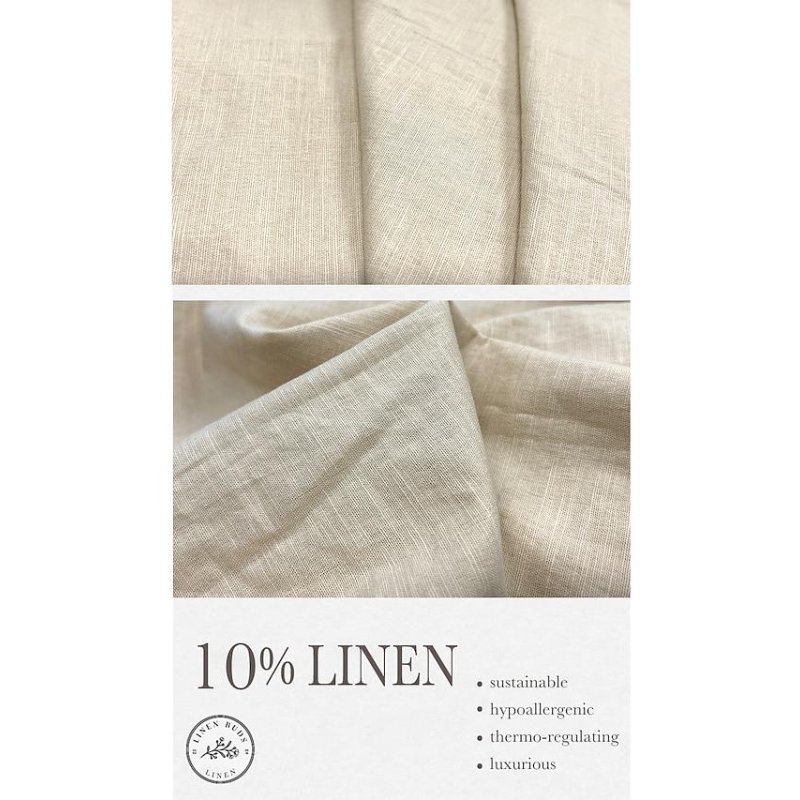Tag: Fashion, Clothing, Economic Growth
The fashion industry has become a global force to be reckoned with. From clothing manufacturers and designers to retailers and consumers, the fashion industry plays a significant role in shaping not only our style choices but also the global economy.
One of the key factors contributing to the impact of the fashion industry on the global economy is its size. In 2020, it was estimated that the global apparel market was worth $1.5 trillion. This number is expected to continue growing as more people around the world become interested in following trends and investing in their personal style.
As one of the largest industries in terms of employment, fashion creates job opportunities for millions of people worldwide. From garment workers who produce clothing to sales associates who help customers choose their outfits, there are countless jobs created by this industry. In countries like China and Bangladesh, where much of our clothing production takes place, these jobs are crucial for economic growth and development.
In addition to providing employment opportunities, the fashion industry also contributes significantly to trade and commerce between nations. With international brands sourcing materials from various parts of the world and selling their products globally, trade barriers have been broken down and economies integrated through this industry.
Moreover, fast-fashion retail giants such as Zara and H&M have revolutionized consumption patterns by offering affordable yet trendy options for consumers across different income levels. This has led to an increase in demand for clothing at all price points which ultimately boosts economic growth.
However,the rapid growth of fast-fashion has also raised concerns about sustainability within the industry. The mass production process often leads to high levels of waste generation while unethical labor practices remain prevalent in some regions.Additionally,the constant cycleof new collections encourages overconsumption which can have negative effects on both societyandthe environment.As conscious consumerism becomes more mainstream,fashion companies are being pressuredto improve their supply chain practices and reduce their environmental footprint.
In conclusion, the fashion industry is a crucial player in the global economy, generating employment opportunities and driving trade. However, with its rapid growth comes responsibility to address sustainability concerns and ensure ethical practices are followed throughout the supply chain. As consumers become more aware of these issues, it is essential for fashion brands to adapt and embrace sustainable practices to continue thriving in the ever-evolving world of fashion.

